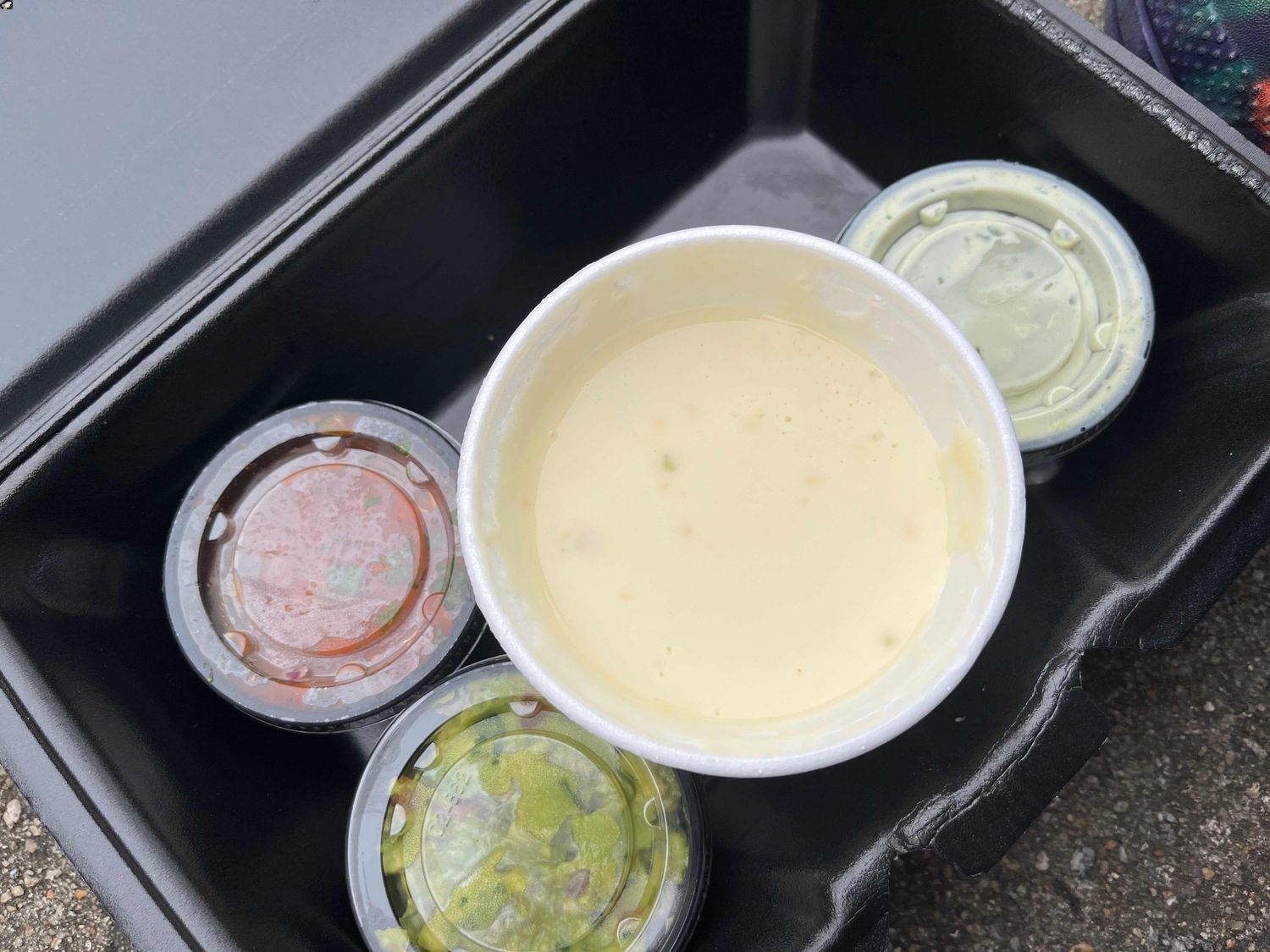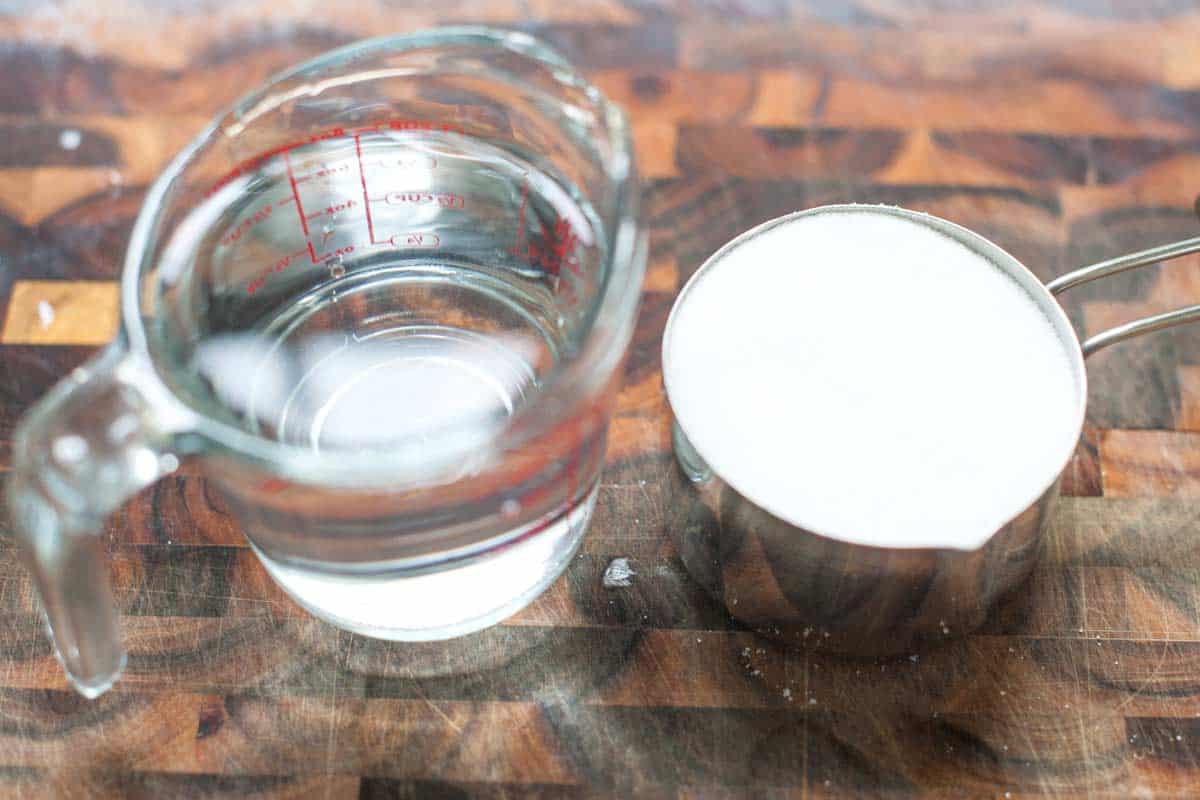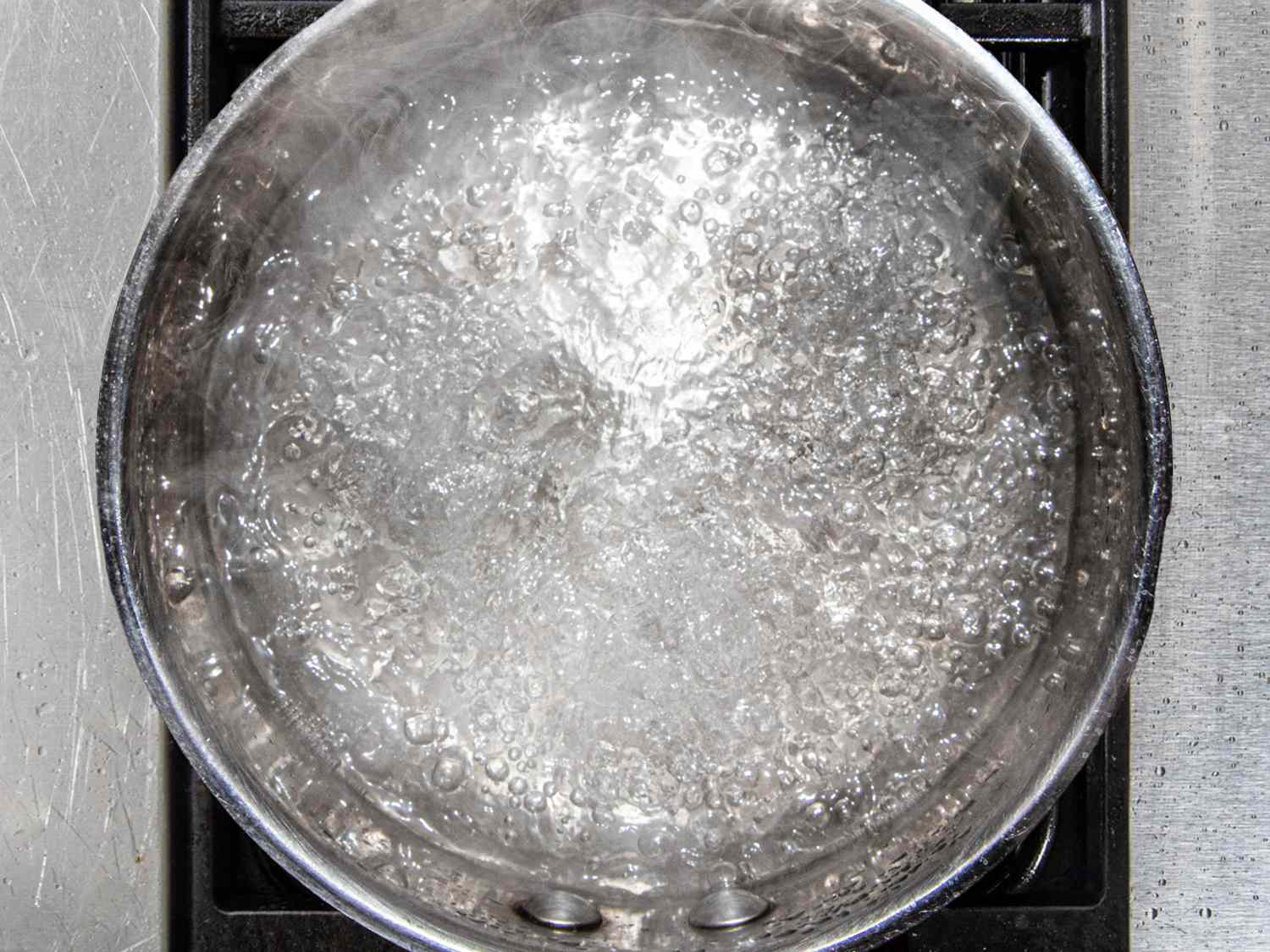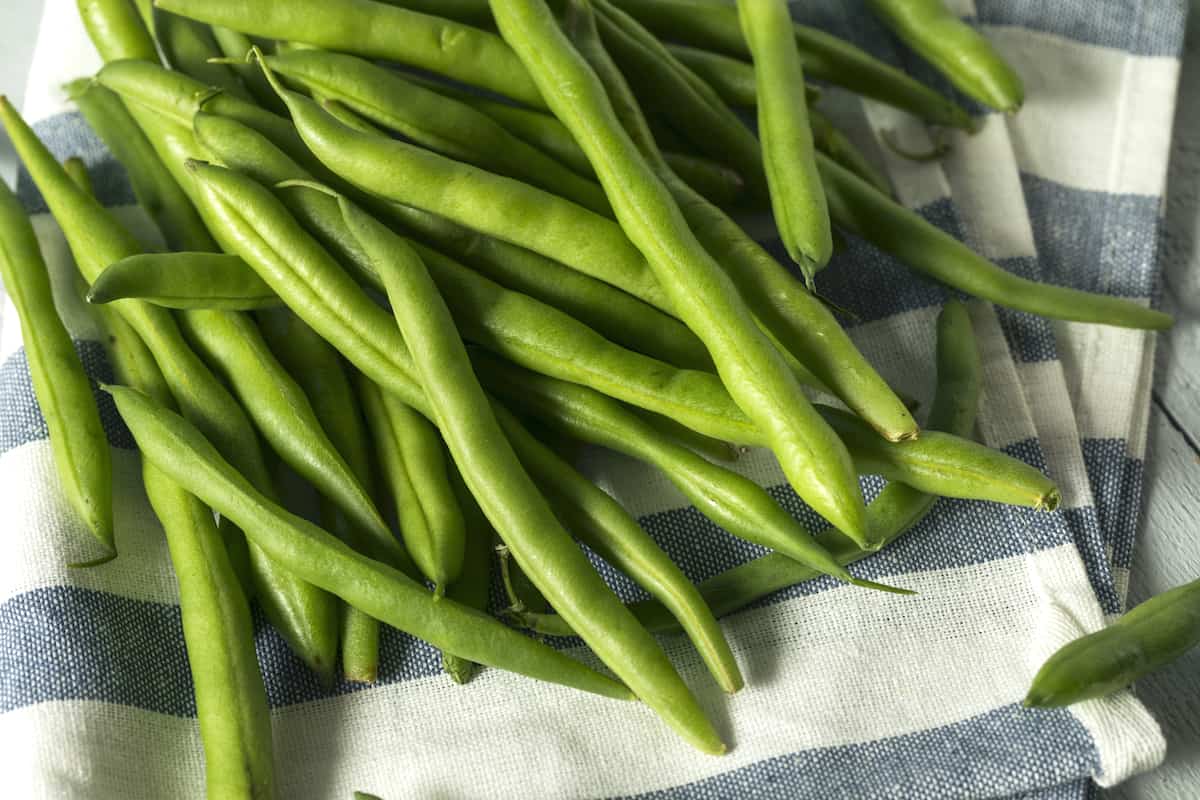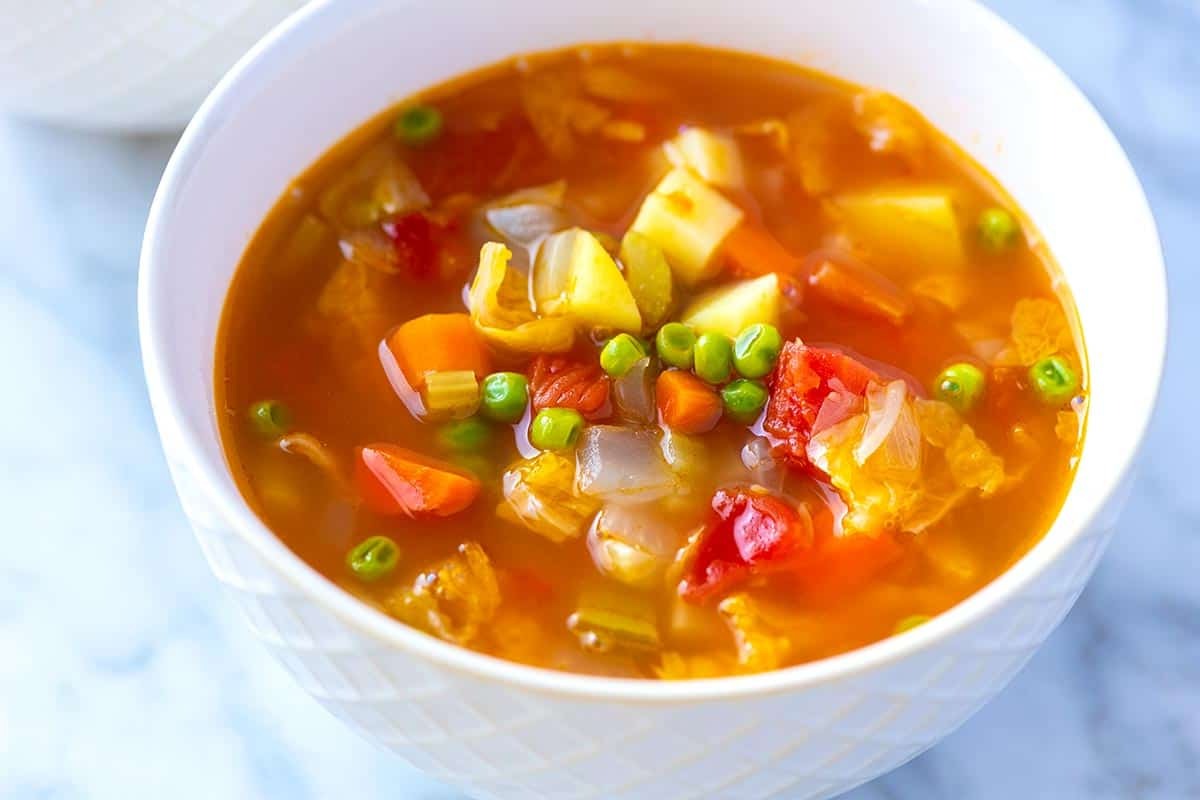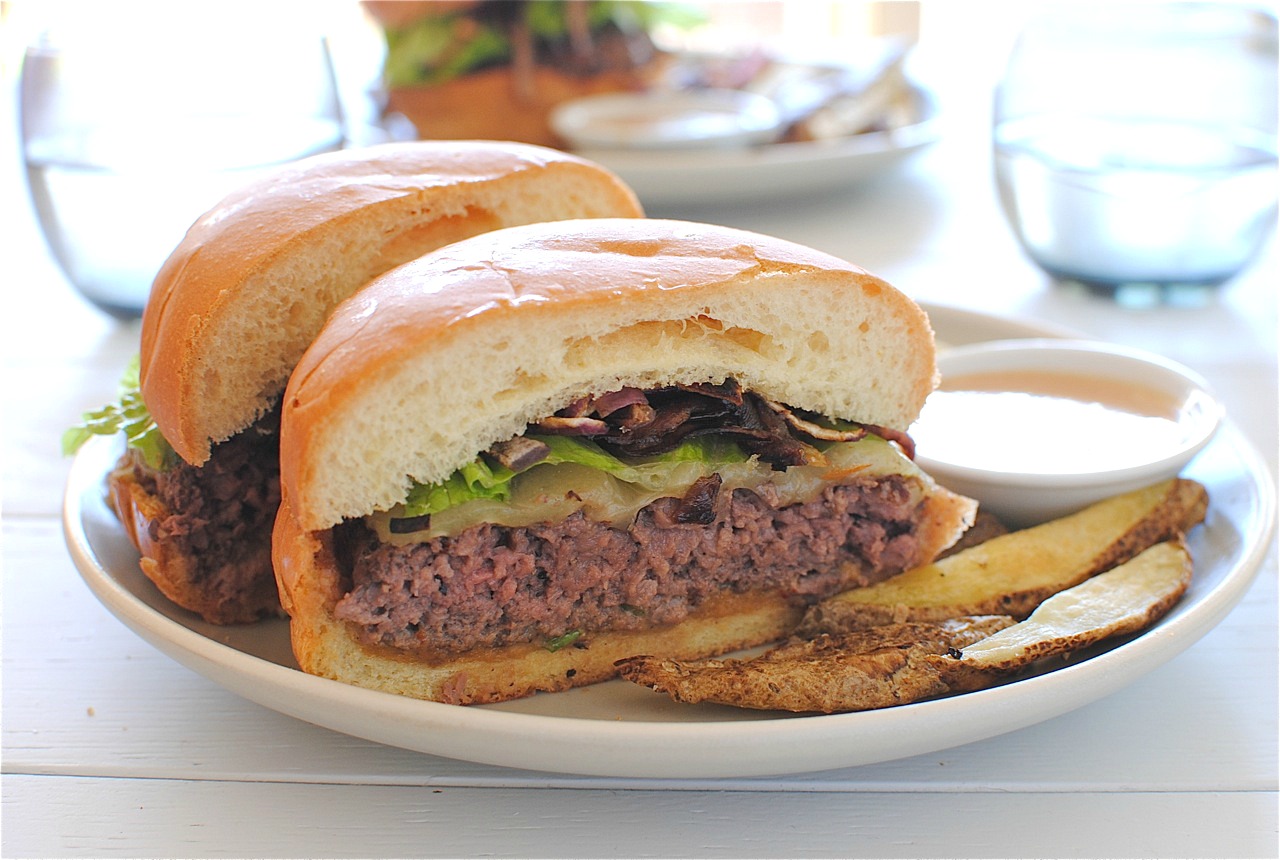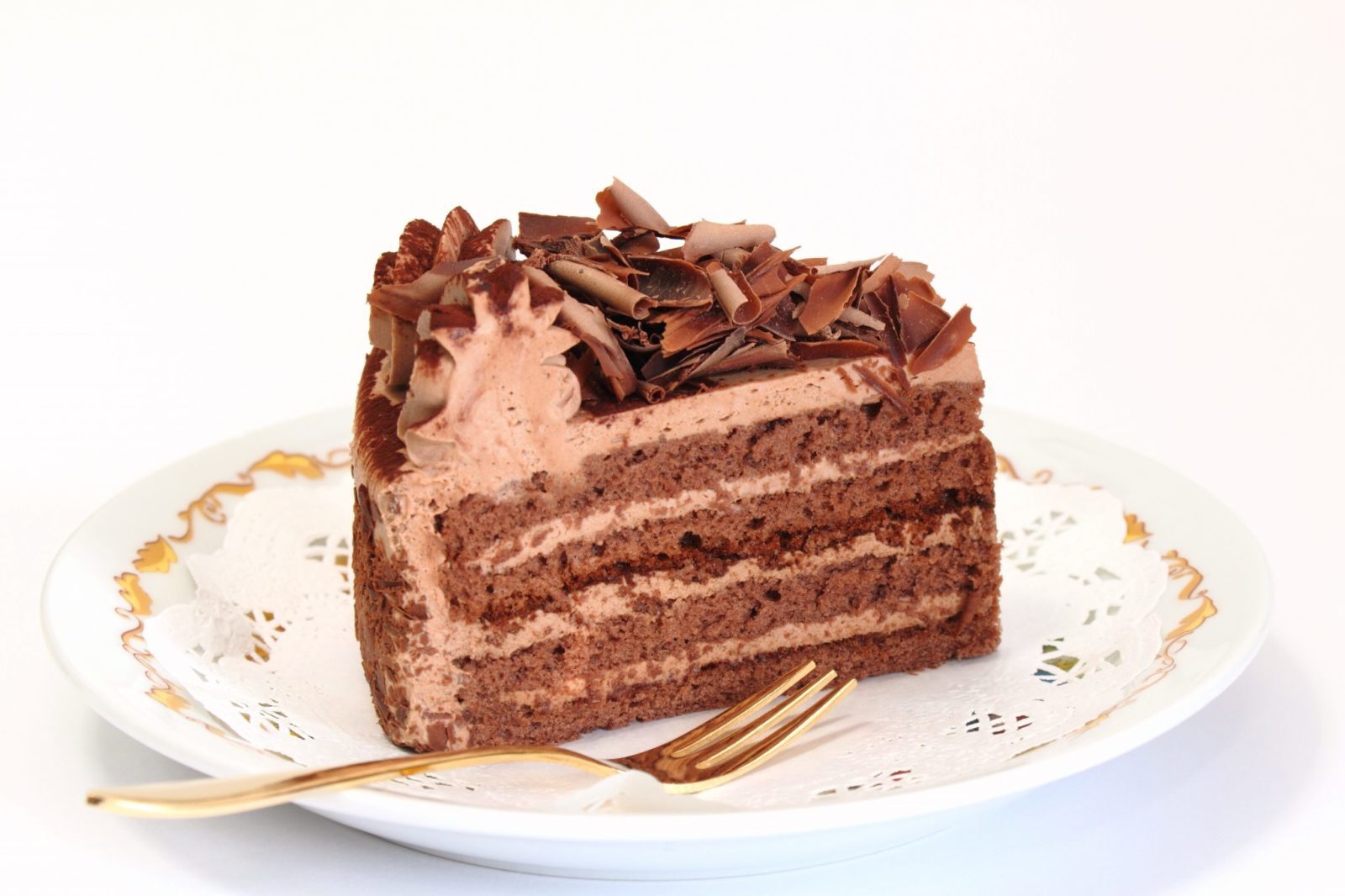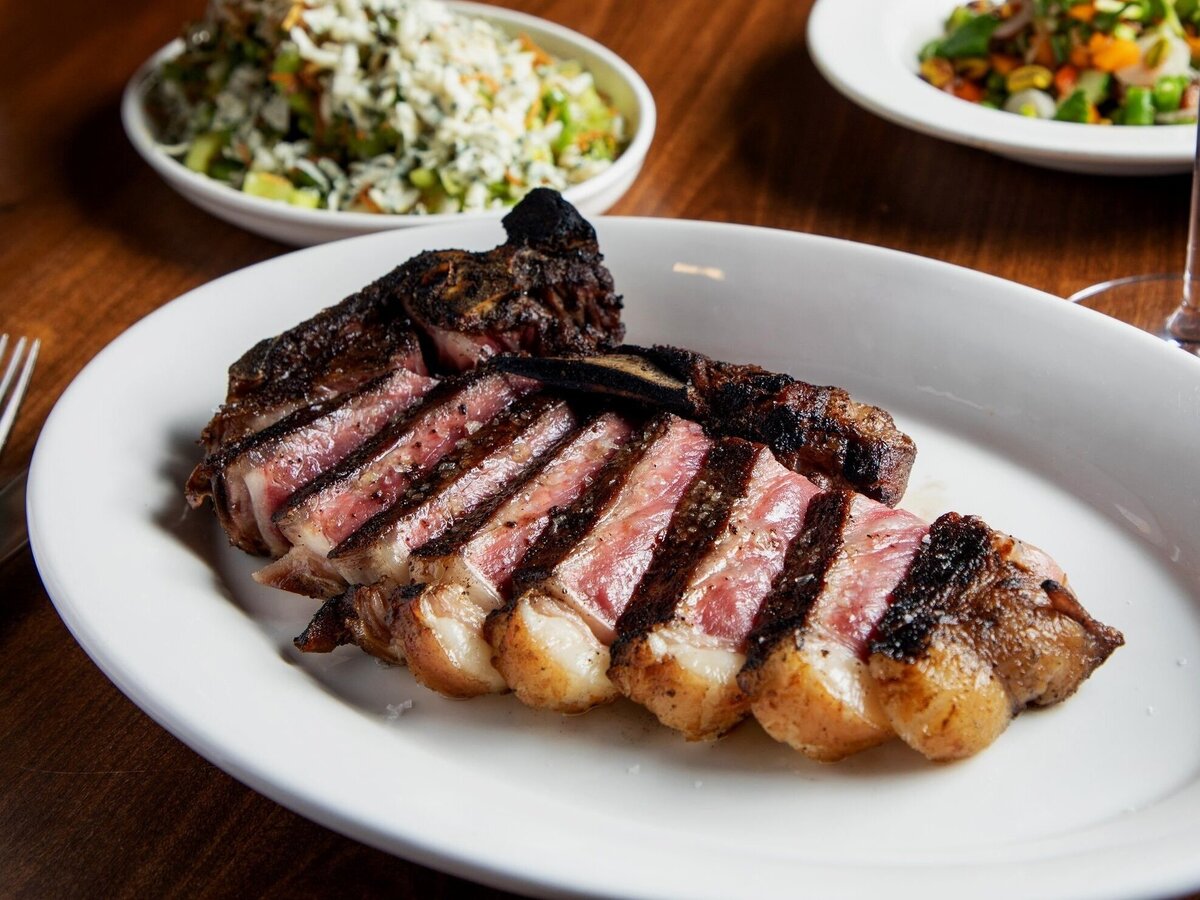Looking for a Substitute for White Wine Vinegar?
White wine vinegar is a popular ingredient in many recipes, known for its mild acidity and fruity flavor. However, if you find yourself in a situation where you need a substitute for white wine vinegar, there are several options that can work just as well. Whether you’re out of white wine vinegar or simply prefer to use a different ingredient, here are some alternatives to consider:
1. Champagne Vinegar
If you have champagne vinegar on hand, it can be an excellent substitute for white wine vinegar. Both vinegars are made from wine, so they share a similar flavor profile. Champagne vinegar has a delicate, slightly sweet taste that can complement a wide range of dishes, making it a versatile alternative to white wine vinegar.
2. Rice Vinegar
Rice vinegar, commonly used in Asian cuisine, is another suitable replacement for white wine vinegar. It has a milder flavor compared to white wine vinegar, with a hint of sweetness. When using rice vinegar as a substitute, consider adding a touch of sugar to mimic the fruity notes found in white wine vinegar.
3. Apple Cider Vinegar
Apple cider vinegar can also stand in for white wine vinegar in many recipes. It has a slightly fruity and tangy flavor that can work well in salad dressings, marinades, and sauces. Keep in mind that apple cider vinegar has a more pronounced taste, so you may want to use it in smaller quantities and adjust the other flavors accordingly.
4. Lemon Juice
For a completely different approach, consider using lemon juice as a substitute for white wine vinegar. The bright, citrusy flavor of lemon juice can add a refreshing twist to your dishes. When using lemon juice in place of white wine vinegar, start with a smaller amount and taste as you go to achieve the desired level of acidity.
5. Sherry Vinegar
Sherry vinegar, with its complex and robust flavor, can be a great alternative to white wine vinegar. It offers a rich, nutty taste that can enhance the depth of flavor in your recipes. Keep in mind that sherry vinegar is stronger than white wine vinegar, so you may want to use it sparingly and adjust the other seasonings accordingly.
When substituting white wine vinegar with any of these alternatives, it’s important to consider the flavor profile of the original recipe and adjust the quantities and other ingredients as needed. While each substitute brings its own unique characteristics to the table, they can all help you achieve delicious results in your cooking.
Next time you find yourself in need of a substitute for white wine vinegar, don’t hesitate to reach for one of these options and get creative in the kitchen!
Was this page helpful?
Read Next: What Is A Rice Bowl?
